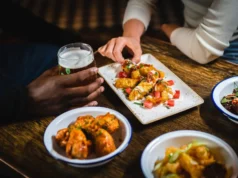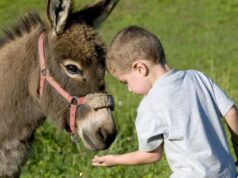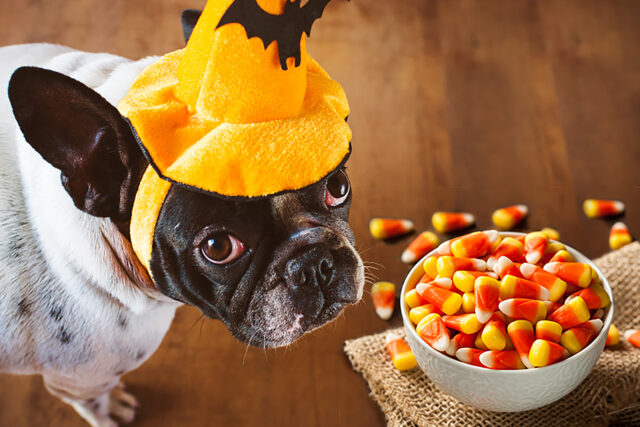
Not every human food is good for your dog. While it can be tempting to ‘spoil’ your furry companion with a few bites of human food, some foods can be toxic.
Depending on the food, the dog can experience strong allergic reactions, such as diarrhea, nausea, or even vomiting. Active ingredients in the food may also react negatively to the dog’s system and cause health complications and even death in some cases.
In today’s post, we walk you through 7 toxic foods you should never give your dog. We also give you a few tips on how to find suitable dog foods.
1. Salty Foods
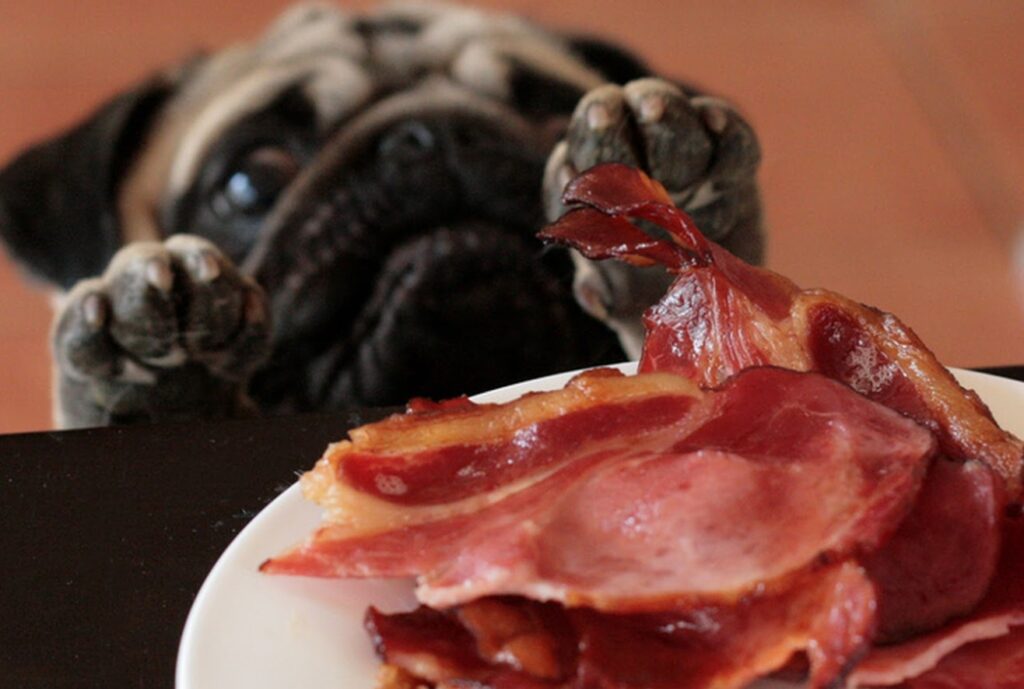
On the baseline, salt isn’t bad for your pet. In most cases, it forms part of the dog’s diet, and there are particular health conditions, for example, heart disease, kidney disease, and liver disease that may require low-salt dog foods.
Nonetheless, overeating salt can be toxic to your pet. It can cause different complications, including dehydration.
Some of the salty foods you should keep away from the pet include; chips, processed meat, such as burgers and sausages, crisps, cheese, and savory biscuits.
2. Xylitol
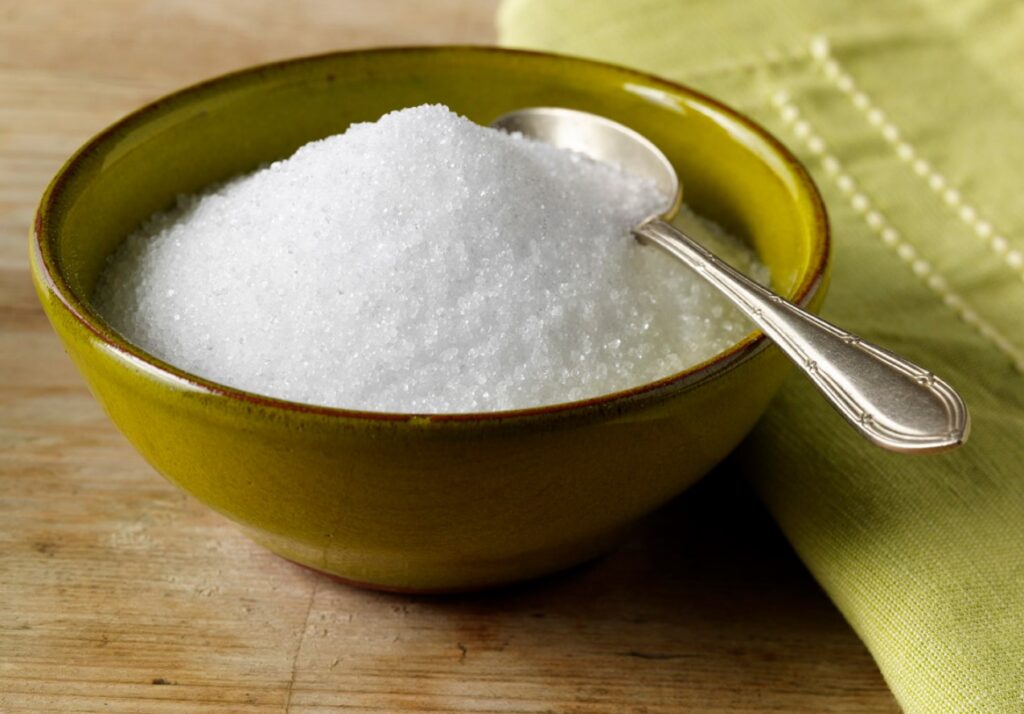
Medical experts warn that Xylitol can be overly toxic to your pet. You shouldn’t give even small amounts of it to your canine friends.
Studies show that it can cause reduced blood sugar in dogs, liver failure, seizures, or death. For your information, Xylitol is a naturally occurring substance that’s majorly used as a sugar substitute in most human foods like candy, gummies, and even in peanut butter.
When consumed by dogs, it’s quickly absorbed in the bloodstream causing rapid insulin release from the pancreas. This would lead to a potent drop in blood sugar levels (hypoglycemia)
Effects are usually seen within 10-60 minutes after ingestion. This condition can be fatal if left untreated.
3. Caffeine
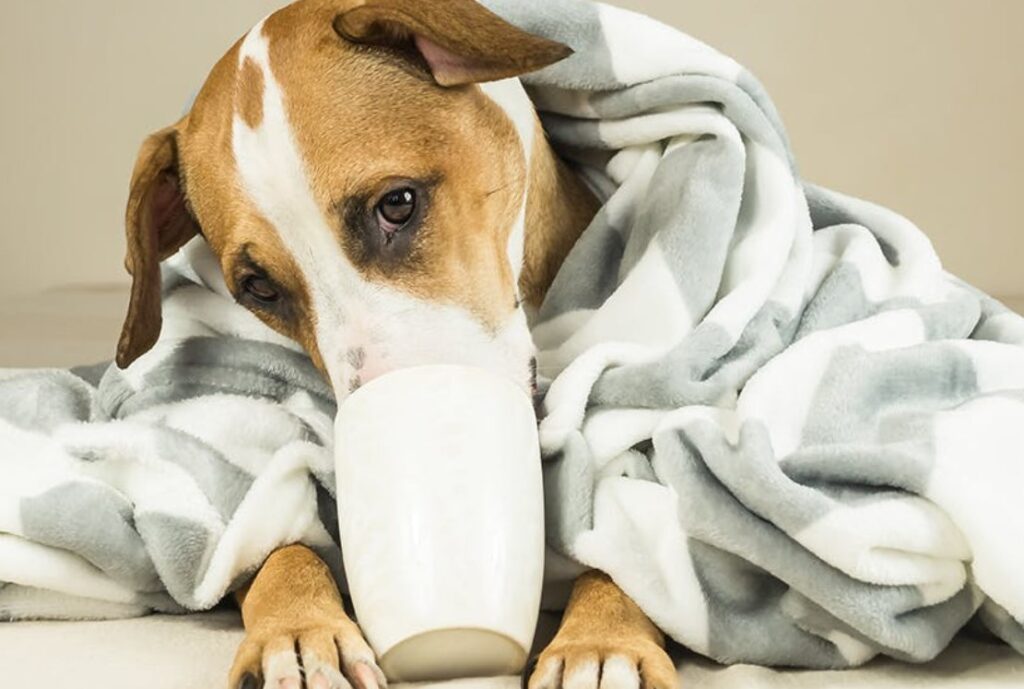
Caffeine is naturally occurring in beverages like coffee, tea, and cocoa. It’s also commonly used in certain medications and most soft drinks.
If consumed by your pet, caffeine may cause a sudden increase in the heart rate and stimulate their nervous system. Effects like excessive thirst, diarrhea, restlessness, vomiting would be seen within 2-4 hours after ingesting caffeine.
Too much or an overdose of caffeine may also cause lung complications in dogs and even cause death in extreme cases. You should keep sources of caffeine such as cocoa, tea, and coffee away from your pets.
4. Allium Plants

Plants classified under Allium species, such as onions and garlic, add extraordinary flavors to human food. However, giving your dogs the onions or garlic may cause health complications and even kill them in severe cases.
These spices are harmful irrespective of whether the dog eats them fresh, dried/powdered, or cooked. When eaten, these foods can damage the pet’s red blood cells, thus causing oxygen deprivation.
They may also lead to anemia due to severe red blood cell destruction and cause organ damage and failure or loss of life. Some of the symptoms of garlic and onion poisoning in dogs include; pale gums, hyper-salivation, weakness, vomiting, diarrhea, ataxia, lethargy, and weakness.
5. Chocolate
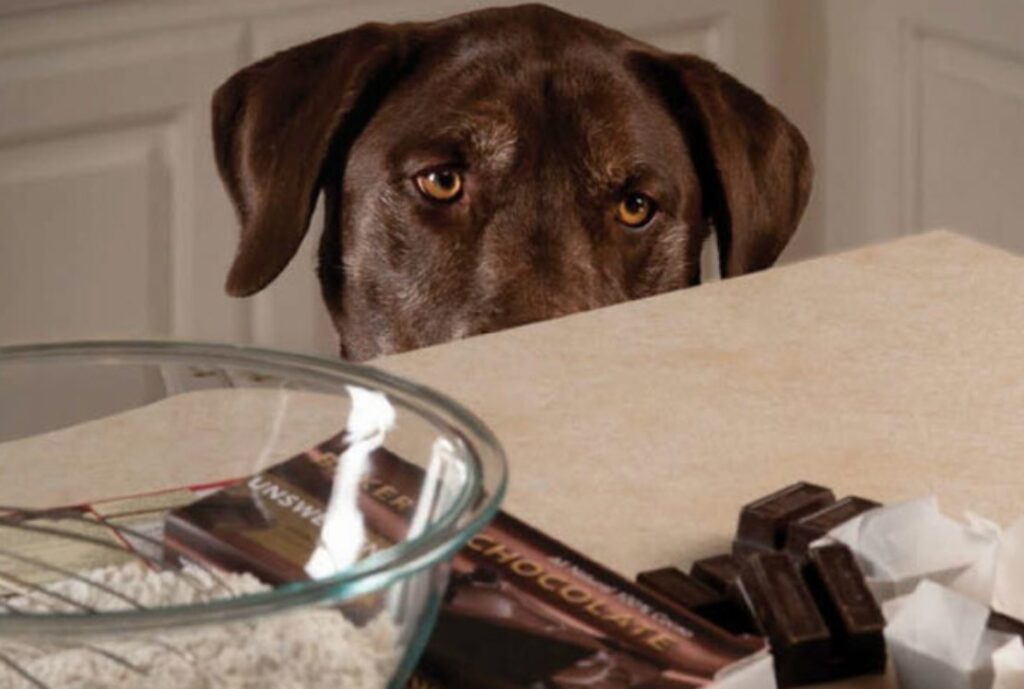
Chocolate can be toxic to your dog since it’s made with caffeine and a chemical known as theobromine. When ingested, it can cause a lot of health complications that may require hospitalization in some cases.
The primary risk of dogs eating chocolate is that their system can fail to metabolize caffeine and theobromine present in chocolate. Because of this, they get more sensitive to the side effects of these chemicals.
Signs of chocolate poisoning in pets include; diarrhea, which sometimes smells like chocolate, hyperactivity, drooling, agitation, vomiting, increased heart rate, and high blood pressure, among others. Higher consumption may lead to seizures, twitching, tremors, and even death.
6. Avocado
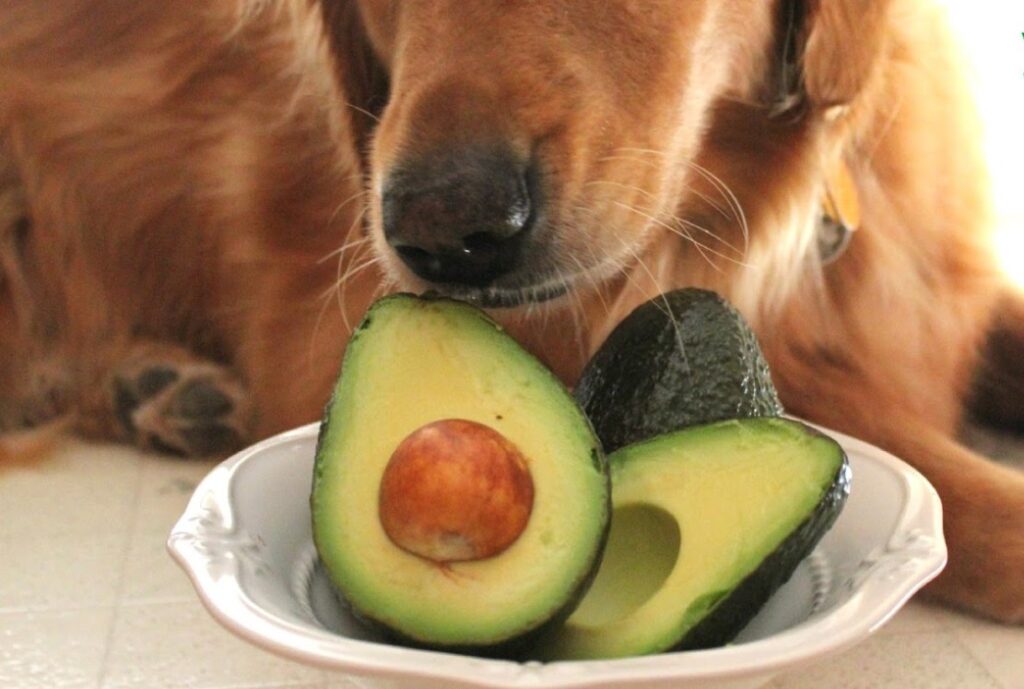
Avocados can be toxic to your dog because of a compound known as persin present in them. When consumed in large quantities, it can induce effects like myocardial damage, diarrhea, and vomiting.
The high-fat content of avocado’s flesh may also cause pancreatitis and gastrointestinal complications in dogs. Finally, it also has a significantly high-calorie content that may lead to unhealthy weight gain.
7. Raw Yeast Dough and Alcohol
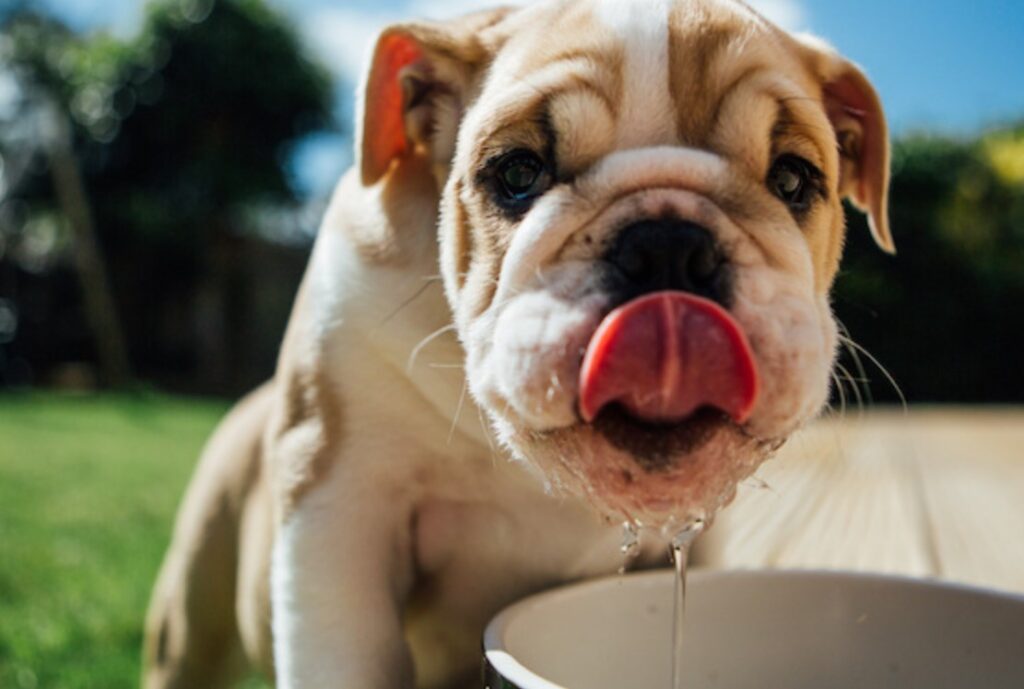
Yeast dough and alcoholic drinks can be dangerous to pet when ingested. Alcohol may cause sudden drops in blood pressure, blood sugar, and body temperatures.
If severely intoxicated, the pet may suffer seizures or respiratory failure. If your dog eats raw yeast dough, the dough will begin to rise in the dog’s warm and moist stomach environment.
This will cause the dog to have a distended stomach or suffer bloat. If the dog ingested vast amounts of this product, it may suffer gastric-dilatation volvulus (GDV).
Some of the signs of these effects include retching, high heart rate, weakness, distended stomach, vomiting, and death.
How to Find Good Dog Foods
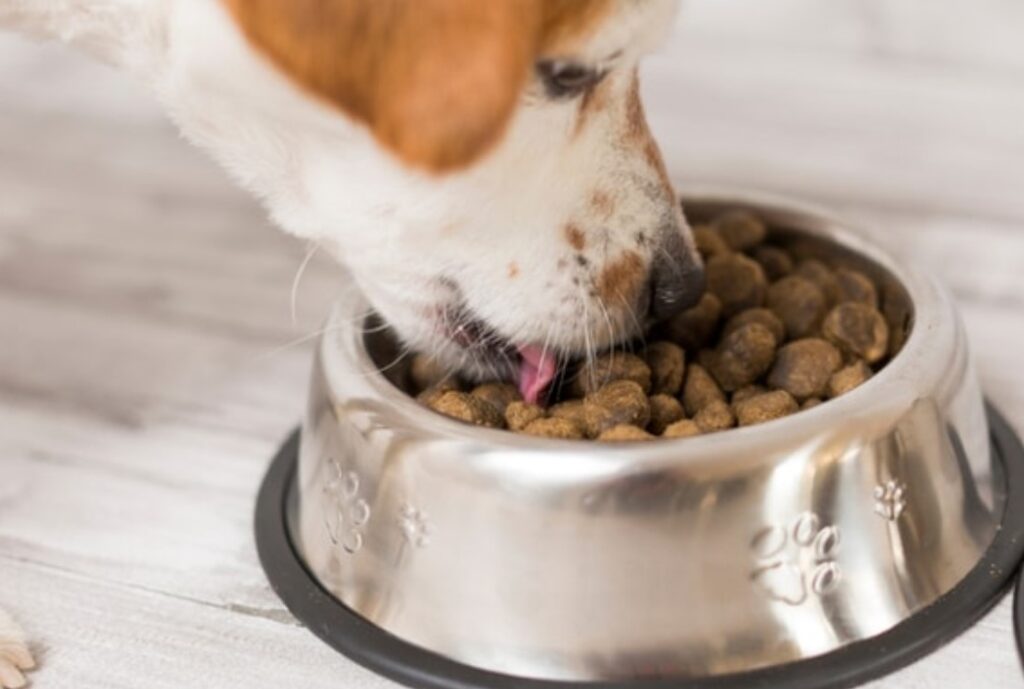
You can make food for your furry companion from home cheaply. Alternatively, you may also buy pet feeds from dog bakeries like TailBangers for convenience.
The foods you buy for your dog should be specially prepared to meet its dietary needs. These needs will vary depending on the breed, age, size, or any other condition that the dog has. Your vet should help you determine these aspects if you’re unsure about them.
It is vital that when buying dog food, you also check to ensure that they’re not made with any additives or preservatives. A good dog bakery will be willing to explain the contents of the dog food they produce and the nutritional contents of these foods.
After you’ve identified a good source of your all-natural foods, be sure to create a balanced everyday menu for your pet. When creating a diet, you’ll still be guided by factors like weight, breed, age, and any underlying ill-health condition. It would also be great if you add a digestion support supplement for dogs from Bernie’s to help your dog be more susceptible to disease, infection or other health risks.
Bottom Line
Knowing the foods that are toxic to your dogs and keeping your dogs away from these foods are two separate things. You may need to create a list of these foods and pin them somewhere in your house, so none of your family members mistakes them for being edible to the dogs.
If you need any clarification on the different kinds of foods or treats that you can give your dog, contact us today and we’ll be glad to guide you through.

